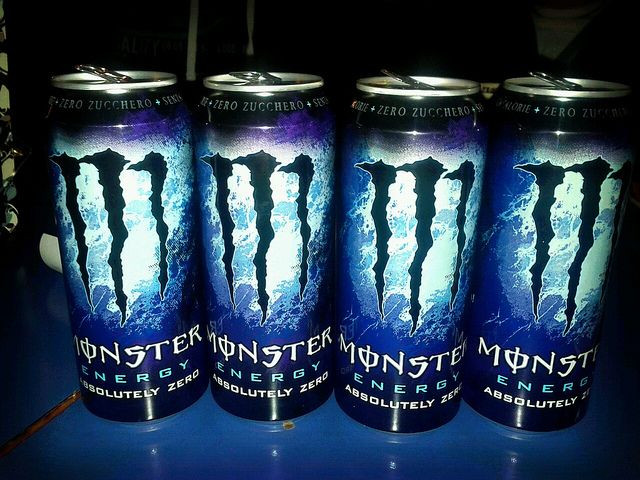Monster Drinks Accused Of Marketing To Children: Highly-Caffeinated Drinks Could Pose Serious Health Risk To Minors

Monster Beverage Corp. may have finally encountered a worthy opponent. San Francisco City Attorney Dennis Herrera and New York Attorney General Eric Schneiderman have joined forces to investigate whether the company markets its highly-caffeinated energy drinks to children, for whom the beverages could pose a substantial health risk.
"We are disappointed that Monster has remained defiant in marketing products to children," Herrera said, according to The Associated Press. "We hope this effort will cause the company to correct its irresponsible marketing practices."
The company has been the subject of an ongoing investigation by the Food and Drug Administration (FDA) since 2009, ABC News reported. Parents of a Maryland teen who died after consuming 480 milligrams of caffeine alleged that Monster energy drinks caused hear death. They filed a wrongful death lawsuit against the company that was later dropped because experts said that is generally takes five to 10 grams of caffeine to kill someone. The amount their daughter consumed wouldn’t believably cause the death of a person her age, toxicologists told ABC News.
In a May 2013 consumer update, the FDA announced its renewed efforts to investigate caffeine being added to a growing number of products:
''For healthy adults FDA has cited 400 milligrams a day — that's about four or five cups of coffee — as an amount not generally associated with dangerous, negative effects," said Michael R. Taylor, deputy commissioner for foods and veterinary medicine at the FDA. "FDA has not set a level for children, but the American Academy of Pediatrics discourages the consumption of caffeine and other stimulants by children and adolescents. We need to continue to look at what are acceptable levels."
"We're particularly concerned about children and adolescents and the responsibility FDA and the food industry have to protect public health and respect social norms that suggest we shouldn't be marketing stimulants, such as caffeine, to our children."
Though Monster does place a warning on its cans that says the drink is not recommended for children, people with caffeine sensitivities, pregnant women, or women who are nursing, the state and city attorneys involved in the investigation believe the company isn’t doing enough to protect the general public — especially teens who may be drawn to the trendy advertising and packaging. Monster spokeswoman Tammy Taylor told AP that the energy drinks are neither highly caffeinated nor marketed to children. In fact, Taylor said, a 16-ounce can of Monster contains less caffeine than a comparably-sized cup of coffee.
While attorneys Herrera and Schneiderman understand Monster’s argument, they maintain that their goal isn’t to put the company out of business. Rather, they hope that their investigation will help spur changes to the perceived marketing of potentially dangerous caffeine products to children.
Published by Medicaldaily.com



























